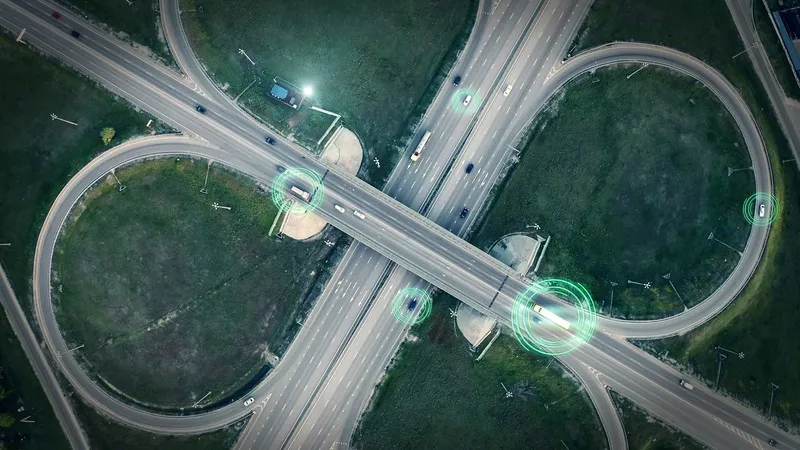
Traffic mapping software provider One.network is launching in the US.
The cloud-hosted Software as a Service (SaaS) platform is already widely used by UK road agencies.
One.network changes gathers local data and transmits live road closure and other interruption information to GPS systems in real time.
As well as transportation authorites, it is aimed at utility companies, road contractors and event organisers.
The firm says: "Road construction information has typically been siloed in hundreds of road agency databases. As a result, coordination between authorities has often been lacking and communication of upcoming closures and disruptions to GPS services has been poor or limited to a single provider."
The one.network platform can report traffic interruptions direct to commuters on the road - and the company says it can also be used to help road agencies coordinate their infrastructure projects.
Potential transport issues arising from road closures, detours, public events and political demonstrations can be communicated to the public and other agencies as well via the internet, social media and GPS.
“This is an unprecedented time of change for US roadways," says CEO James Harris.
"As we face a new world of driverless truck commerce and vehicles, as well as a new wave of infrastructure projects affecting the highway system, road officials, and road agencies nationwide have a greater need for inter-agency communication and collaboration."
The company insists it can be an out-of-the-box solution for Departments of Transportation to comply with the federal Work Zone Data Initiative (WDZI), which was created to facilitate easier sharing of work zone activities.









